In this article Laura Jeffreys from Pennine Care NHS Foundation Trust reflects on the University Health and Medical Librarians' Group (UHMLG) conference at Teesside University which was held on the 27th-28th June.
What was the highlight of the conference for you?
In Andy Priestner’s workshop, we were led from individual reflection on when we had failed at work through a series of coloured Post-it-note-based group activities, to a collective, coded, Post-it wall map à la librarian. When I considered my own experiences of failure, the feelings I had were negative, uncomfortable or I just wanted forget the experience and move on. Once I stepped back and considered the situation in more detail and pooled these reflections with others’ (what was bad, what was good, how we felt, how it could be handled differently), I felt that my perceptions of failure had changed.
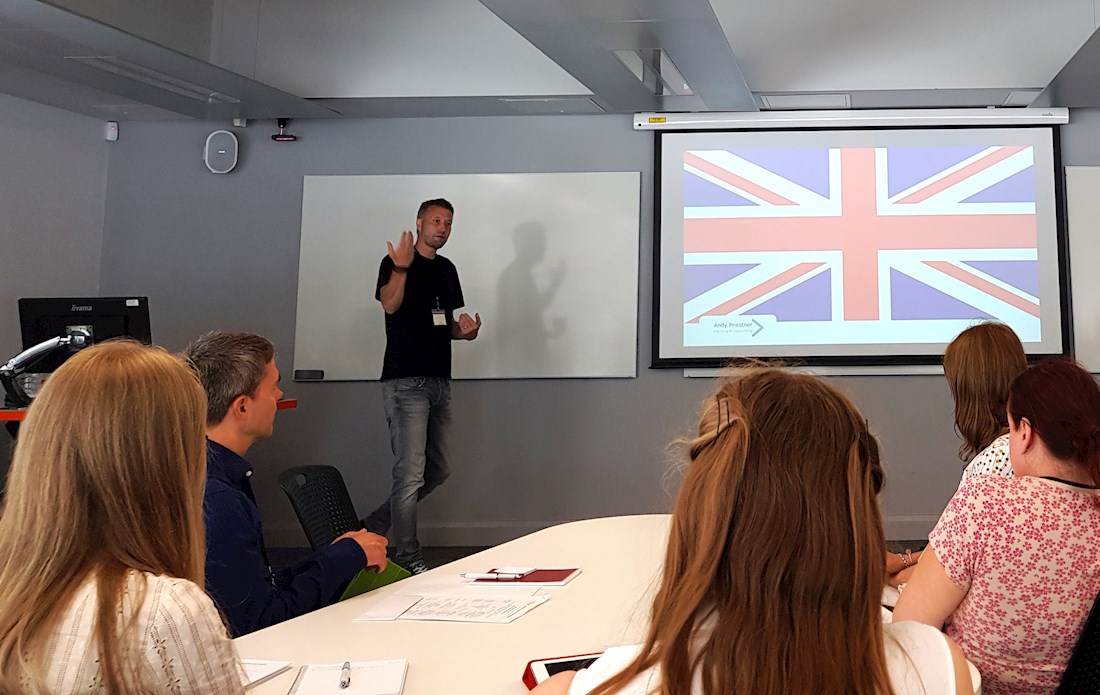
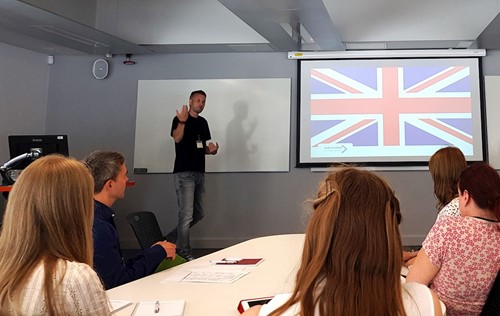
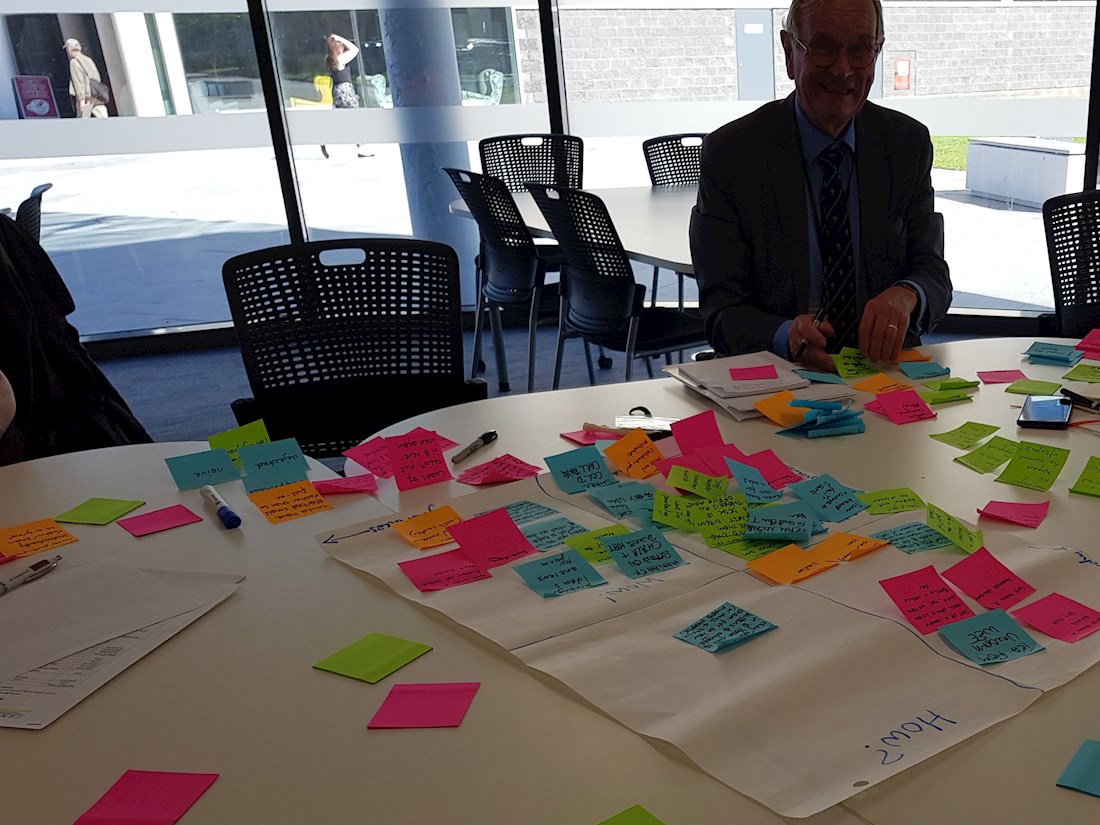
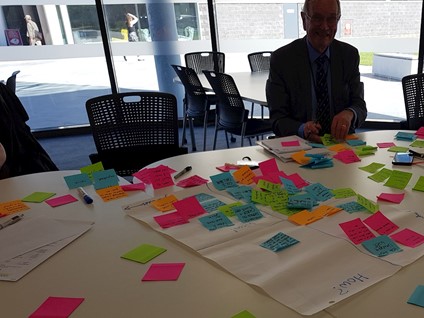
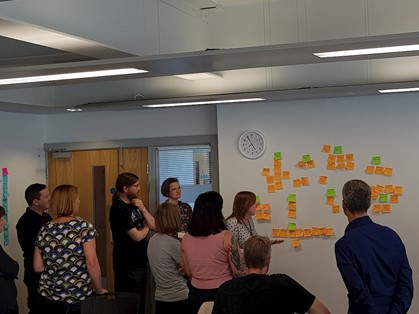
How have your perceptions of failure changed?
Before the conference I felt I was fairly pragmatic about failing. Learning from failure is a bit of a cliché. But it was still something I avoided. I can think of so many times when I could have acted on an idea, or didn’t pursue a promotion because I wasn’t sure of success. Permission to fail is fundamental. Permission from managers, colleagues, the organisation and most importantly, yourself.
Failure can spark innovation. We can test what works and what doesn’t. We can accept and share our failures to develop good practice. I will take solace from this when failing feels so hard. I loved Alan Fricker’s presentation about his attempt to gather feedback from colleagues about the staff room. It really didn’t go the way he expected but at least they got some extra forks!
Will you do anything differently following the conference?
I’ll definitely be taking more risks both professionally and personally. I am going to start asking myself whether I am truly doing, or not doing, something because I’m afraid of failure, how I can minimise the risks, and what I can put in place if failure does happen.
I’ll also be championing failure at work and trying to stimulate and reward a culture where failure in the right circumstances is okay (thanks again to Andy for this insight).
How did you feel about the conference afterwards?
I was glad I’d had the opportunity to network with academic librarians. Hearing from speakers from the academic world was enlightening. I think everyone in the room had experienced impostor syndrome at some point, most fairly recently too. This was heartening as it made me realise that it’s a completely normal experience for librarians across sectors (a normal experience for anyone for that matter).
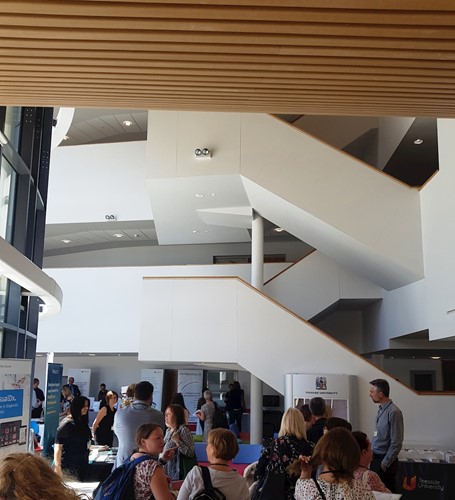
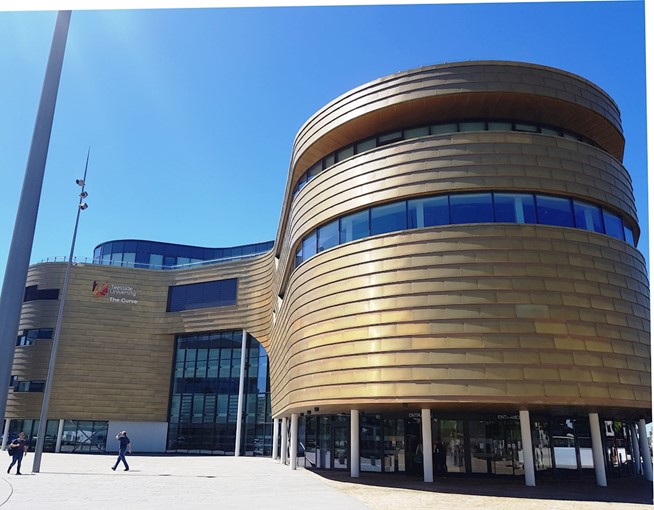
What key thing did you learn that you didn’t know?
The challenges of working as a librarian in higher education. Challenges within the NHS are a regular part of my dialogue and some challenges do cross sectors (funding, costs, digital revolution). Others are new to me: changing pedagogy, globalisation, performance measures and student expectations. In the context of the conference - according to Dr Anne Llewellyn - the impact is causing a risk-averse culture but if we are less afraid to fail, we are open to opportunities for innovation which provide us with a sense of value and improved wellbeing.
Acknowledgements
Thank you to Samantha Gavaghan for greeting me with a smile and a wave when I walked into a room full of people I didn’t know. A little goes a long way. Thanks also to Joanne Naughton who organised my place at the event.
You can find out more about the conference here.
Laura Jeffreys
Knowledge Specialist: Quality Lead at Pennine Care NHS Foundation Trust

